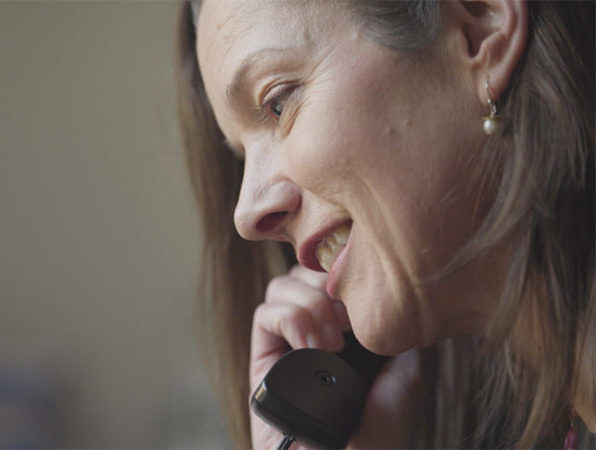As imported PERT is now available, your pharmacist should be able to get your PERT for you. But there can sometimes be delays in getting your PERT. We know this is a very worrying situation. This should only be a short term situation for you.
It is important to tell your pharmacist that you have completely run out, and ask them about getting imported PERT for you.
Remember that you can call our specialist nurses for support and information.
If you can’t eat because of your symptoms
Try to drink plenty of fluids. Try Lucozade®, sports drinks or Dioralyte®.
Peptide nutritional supplement drinks
Contact your GP and ask for a prescription for a peptide nutritional supplement. This might be Vital 1.5kcal®, Survimed OPD® 1.5kcal or Peptisip Energy HP®. You do not need to take PERT with this nutritional supplement. It might be helpful to show your GP this information.
The peptide nutritional supplement can be used instead of meals until you have your PERT again. If you do not have diabetes, you can continue to have sugary foods and drinks as well.
How many peptide nutritional supplement drinks to have
This is a guide to how many supplements (Vital 1.5kcal® or Peptisip Energy HP®) to take, if you do not have PERT and cannot absorb your food. It is based on your weight.
- If you weigh below 40kg (6st 4lb), contact a dietitian.
- If you weigh 40 – 50kg (6st 4lb- 7st 12lb), take four 200ml bottles, which is 1200kcal (calories).
- If you weigh 50 – 60kg (7st 12lb – 9st 6lb), take five 200ml bottles (1500kcal).
- If you weigh 60-70kg (9st 6lb – 11st), take six 200ml bottles (1800kcal).
- If you weigh 70-80kg (11st – 12st 8lb), take seven 200ml bottles (2100kcal).
- If you weigh 80-90kg (12st 8lb – 14st 2lb), take eight 200ml bottles (2400kcal).
- If you weigh over 90kg (14st 2lb), contact a dietitian.
This may not be enough for you. If you lose weight or are very active, have one more bottle a day.
If you gain weight and were not intending to, have one less bottle a day.
These supplements do not come in a wide range of flavours. You can add milkshake mixes or coffee syrups for more flavours. Serve them chilled, or freeze them into ice lolly moulds or ice cube trays to give you more variety.
Foods you can eat without PERT
You can have these snacks as well as the supplement drinks:
- fruit – a handful sized portion at a time
- vegetable sticks, such as carrot, celery or cucumber
- small amounts of salsa, ketchup, balsamic vinegar, marmite or mustard. You could have tiny amounts with vegetable sticks for a different taste.
If you do not have diabetes, you can also try:
- sorbet
- marshmallows
- sugary sweets (but not chocolate, fudge or toffee).
These foods will not give you many calories, but they should not make your symptoms worse. They will fill you up a bit more than having the supplement drinks on their own.
You can eat other foods, but these may make any symptoms worse.
Suggested daily meal plan
This meal plan is for someone who weighs 80kg. Use the list above to change the amount of supplement drinks you have, depending on how much you weigh.
- Breakfast: 1 x supplement drink, cup of black coffee and a banana.
- Mid morning: 1 x supplement drink and carrot sticks.
- Lunch: 2 x supplement drinks flavoured with chocolate or coffee syrup and served with ice, and cucumber and celery sticks dipped in salsa.
- Mid afternoon: 1x supplement drink and an apple.
- Dinner: 1 x supplement drink and some carrot sticks with a smear of marmite. For dessert: 1 x frozen supplement drink served with a handful of strawberries, raspberries and a scoop of sorbet.



